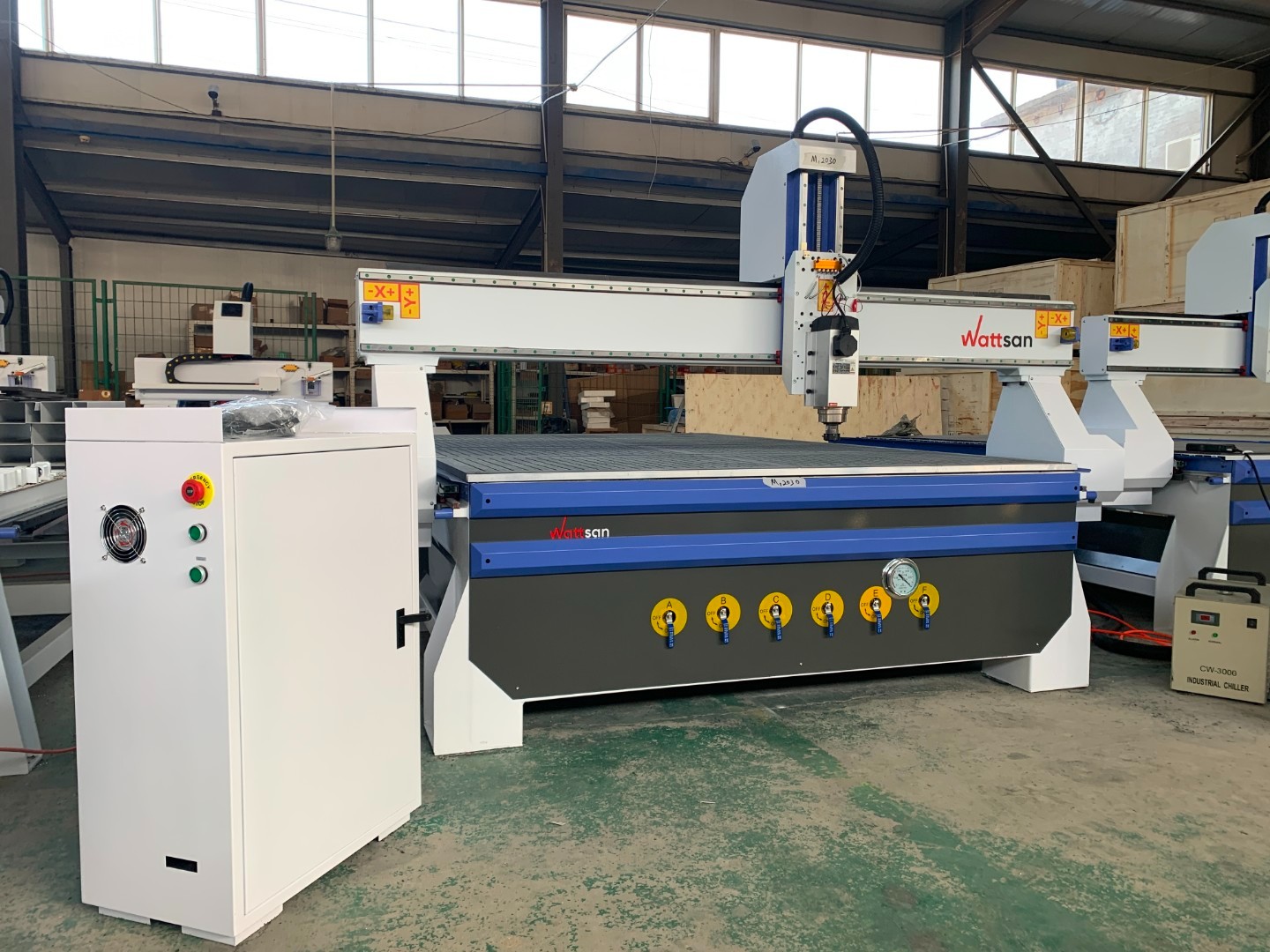Automation has been reshaping industries worldwide, and Alabama’s CNC machine manufacturing sector is no exception. With advances in technology and growing demand for precision and efficiency, the integration of automation is driving innovation in ways many don’t expect. Beyond the obvious benefits, the future of automation holds surprising opportunities for CNC manufacturing in Alabama. Let’s uncover what lies ahead.
How Automation Addresses Workforce Challenges in Alabama Manufacturing
Manufacturers in Alabama face a persistent challenge: a skilled workforce shortage. As experienced machinists retire and fewer young workers enter the trade, companies must find creative ways to bridge the gap. Automation is stepping in to fill the void, but not in the way many think.
Instead of replacing workers, automation is empowering them. Machines equipped with advanced programming capabilities allow operators to oversee multiple tasks simultaneously, reducing the need for a large workforce while enhancing productivity. A CNC machine company in Alabama can now rely on automated systems to handle repetitive tasks, freeing skilled machinists to focus on critical, high-value operations.
Additionally, automation makes the work environment more appealing to tech-savvy workers. With state-of-the-art systems and real-time interfaces, these machines attract a new generation of employees eager to work with cutting-edge tools. By addressing workforce challenges, automation ensures Alabama CNC machine companies stay competitive and future-focused.
Integrating Real-time Monitoring for Seamless CNC Operations
Real-time monitoring is more than a buzzword in today’s CNC manufacturing world—it’s a game-changer. By integrating sensors and cloud-based systems, Alabama CNC machine companies can now oversee operations with unprecedented precision. This isn’t just about tracking machine uptime; it’s about gaining insights that drive smarter decisions.
For instance, real-time data helps operators identify potential issues before they escalate. Whether it’s a tool nearing wear-out or a machine operating outside its optimal range, the system sends alerts, reducing downtime and costly repairs. This level of oversight also improves consistency, ensuring every part meets quality standards without manual intervention.
Moreover, real-time monitoring enables remote access to CNC operations. Managers can check production metrics and adjust parameters without being on the shop floor, making operations seamless even in multi-facility setups. For Alabama CNC machine companies, this technology ensures smoother workflows and happier clients.
Reducing Waste and Optimizing Resources with Smarter Machine Tools
Manufacturing efficiency isn’t just about producing more—it’s about doing so with less waste. Automation paired with intelligent machine tools is transforming how resources are utilized, saving money and reducing environmental impact.
Smarter CNC machines can analyze cutting paths, material properties, and tool wear to minimize excess material usage. This precision not only cuts costs but also supports sustainable practices by reducing scrap. For an Alabama CNC machine company, this kind of optimization builds a reputation for quality and responsibility.
In addition, automated systems allow better energy management. Machines that can power down during idle times or adjust their energy use based on workload contribute to more efficient operations. Over time, these small changes add up, creating a significant difference in cost and sustainability.
Collaborative Robotics Redefining the Role of Skilled Machinists
Collaborative robotics, or cobots, are one of the most exciting advancements in CNC manufacturing. Unlike traditional robots that operate independently, cobots work alongside human machinists, enhancing their capabilities instead of replacing them.
For example, cobots can handle heavy lifting, repetitive loading tasks, or intricate measurements, allowing machinists to focus on creativity and problem-solving. This synergy creates a workspace where automation complements human skill, resulting in better outcomes. In Alabama, CNC machine companies are adopting cobots to improve efficiency while ensuring machinists remain integral to the process.
Cobots also open up opportunities for upskilling. By working with advanced robotics, machinists learn new programming and troubleshooting skills, staying relevant in an evolving industry. This blend of human expertise and robotic assistance is redefining what’s possible in CNC manufacturing.
Scaling Operations Efficiently with Modular and Automated CNC Solutions
Growth is the goal for any CNC machine company in Alabama, but scaling operations comes with challenges. Automation provides the key to expanding efficiently without sacrificing quality or consistency.
Modular CNC systems offer a flexible approach to scaling. Manufacturers can start small and add automated modules as demand grows, ensuring operations stay aligned with production needs. This scalability eliminates the risk of over-investing in machinery before it’s necessary, a critical consideration for smaller companies.
Automation also simplifies scaling by standardizing processes. When machines operate with precise programming and minimal manual intervention, consistency becomes easier to maintain across facilities. For Alabama CNC machine companies, this means meeting higher production demands without compromising standards.

